Caddies
There are containers, storage tins and jars – and then there’s the seemingly humble caddy: a centuries-old symbol of tea-drinking tradition.

Did you know?
The term “caddy” originates from the Malaysian word “kati”, a weight equivalent to just over a pound, and the measurement by which tea used to be sold.
Our Caddy Collection
The options are endless…
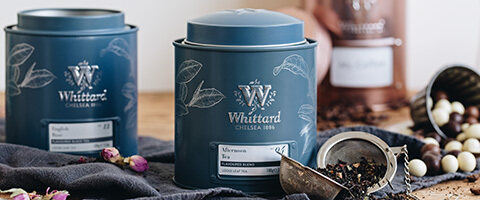
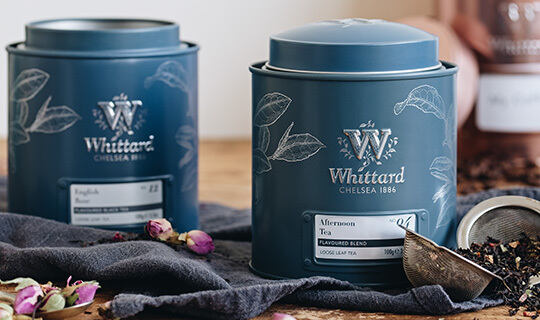
Pre-packed Tea Caddies
For ease, many of our loose teas can be purchased in 100g tea caddies.
SHOP PRE-PACKED CADDIES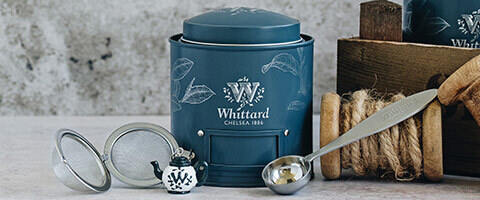
Fill-Me-Up Tea Caddies
Available in blue, purple, green and bronze, our beautiful Fill-Me-Up Caddies leave it up to you to choose the tea.
SHOP FILL-ME-UP CADDIES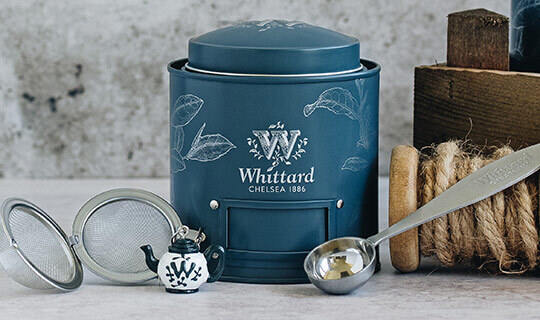
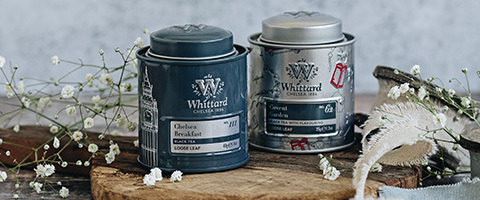
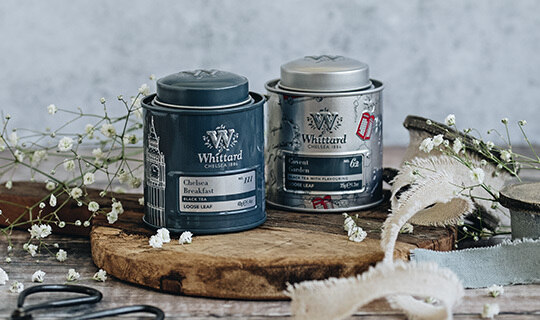
Mini Caddies
From Alice in Wonderland illustrations to scenes of London’s streetscape, our delightfully decorated 40g mini caddies may be small, but they certainly pack a big punch.
SHOP MINI CADDIES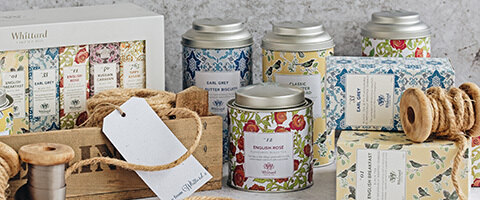
Gift a Caddy
Our quintessentially English Tea Discoveries caddies and elegant ceramic caddies are sure to make an impression – they’re a tea lover’s dream.
SHOP GIFT CADDIES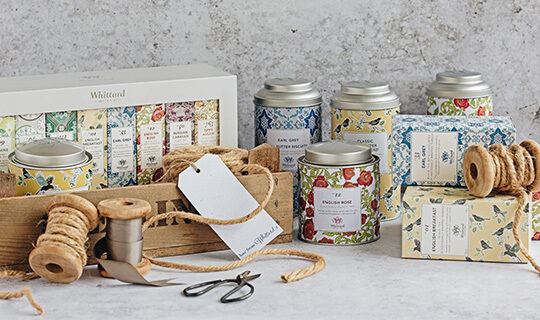
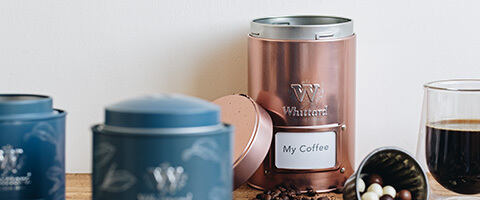
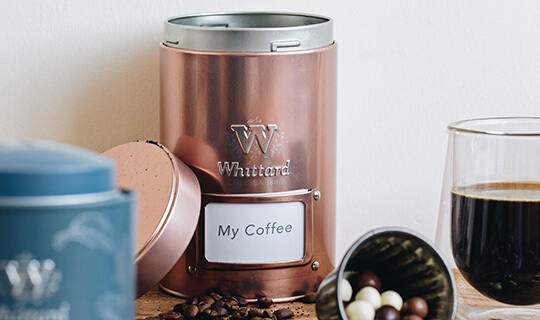
Not Forgetting Coffee, Too…
Our elegant empty Copper Coffee Caddies have a slot for your own handwritten label.
SHOP COFFEE CADDIESWe’re All Mad About Caddies…
Why? It’s quite simple really:
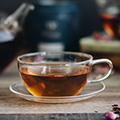
They protect the taste of your favourite tea. Enjoy a fresh, flavoursome cup every time.
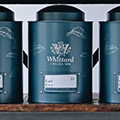
They speak simple elegance. Add a touch of pizzazz to your kitchen shelf.
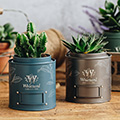
They’re environmentally friendly. Fill them up again and again, or if you’re feeling creative, why not upcycle them into marvellous plant pots?
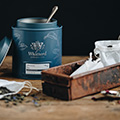
They’re cost-effective. You can reinfuse most loose leaf teas several times.
The History of the Caddy


17th century
When tea was introduced to England from China in the 1600s, Chinese porcelain caddies, which were similar in shape to a ginger jar, would often accompany it to store the tea in. Initially, tea was only available to drink in coffeehouses, so it wasn’t until the 18th century that the household caddy really took off, becoming something of a status symbol.
18th–19th century
Once tea leaves could be bought, it was only the wealthy that could afford them – and a craftsman would be tasked with creating an ornate caddy using materials such as wood, metal and tortoiseshell to protect this highly prized possession. Many even had locks installed, with the key kept under the watchful eye of the lady of the house.

Today
The caddy may be a little more reserved now, but it remains a staple of kitchens across Britain.



